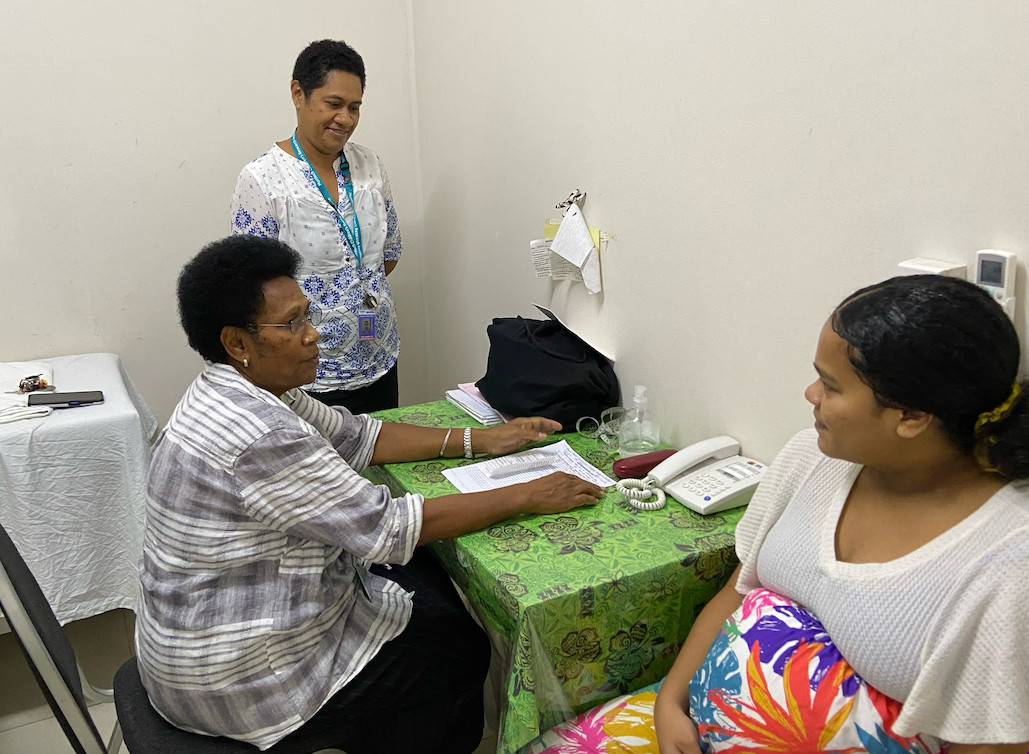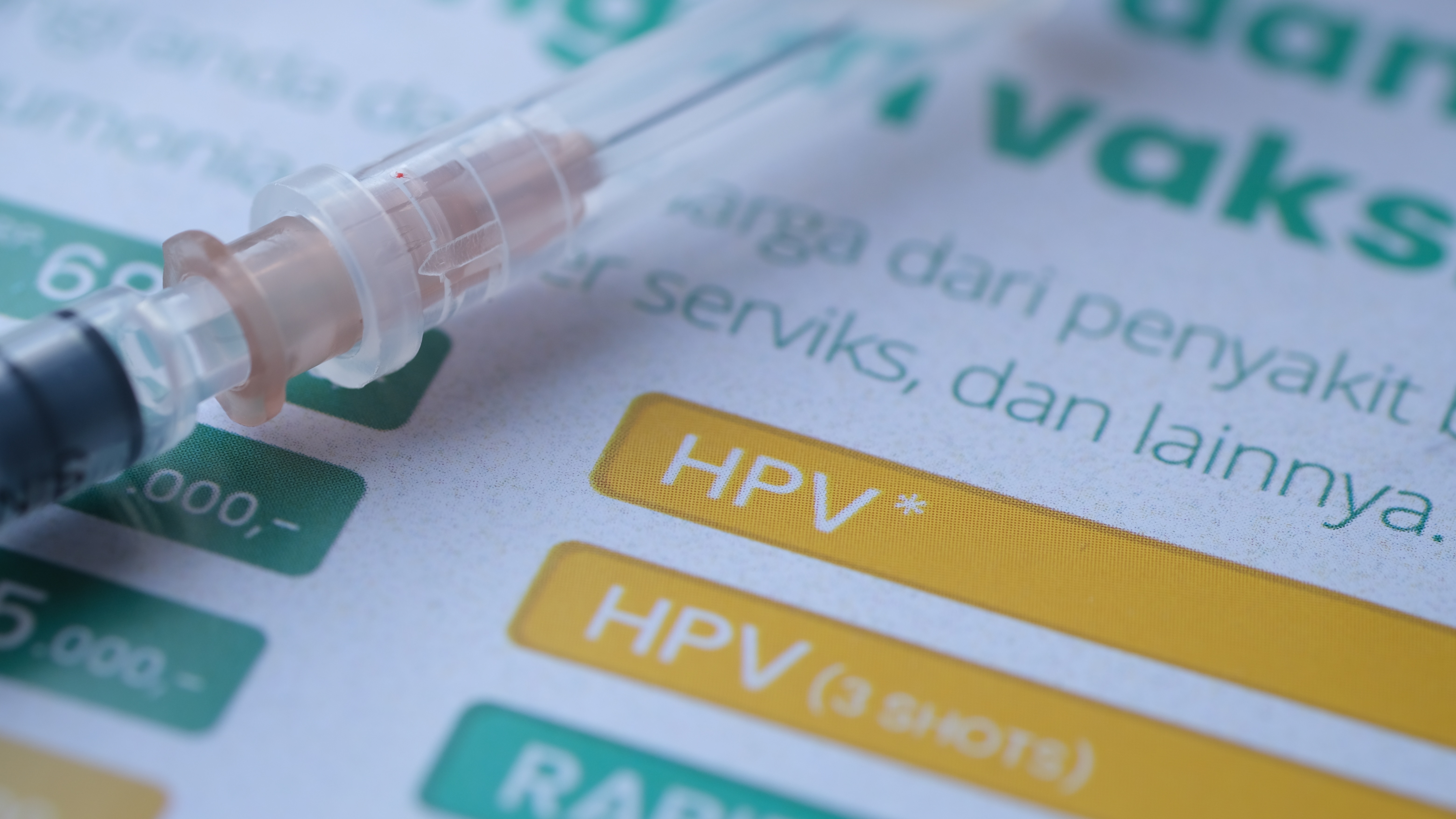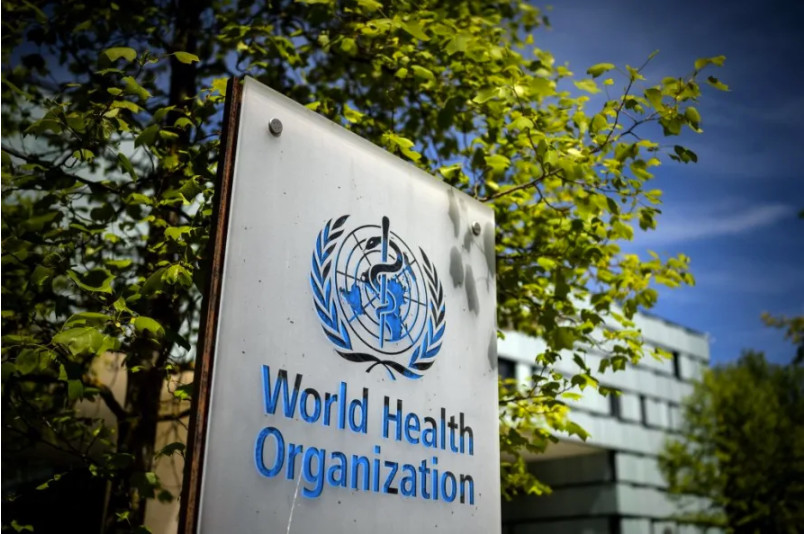
Health & Medicine
We can eliminate cervical cancer

A single dose of the human papillomavirus vaccine (HPV) provides years of protection from cancer and simpler vaccination programs
Published 16 June 2023
At some point in their life, it’s estimated that around 80 per cent of people will be infected with the human papillomavirus (HPV).
Although many infections will go unnoticed, some strains of HPV can damage DNA, leading to various types of cancer, including cervical, anal and oropharyngeal (throat) cancers.

Cervical cancer is the fourth leading cause of cancer deaths in women worldwide, with 88 per cent of cervical cancer cases occurring in low and middle-income countries (LMICs).

Health & Medicine
We can eliminate cervical cancer
Fortunately, most cervical cancer is preventable by vaccination.
The development of vaccines against HPV has revolutionised the fight against this virus. Extensive research has demonstrated the high effectiveness of HPV vaccines in preventing infections and subsequent cancers. And yet, as of 2021, only 13 per cent of girls in the world are vaccinated.
Originally, the vaccination regimen recommended two or three doses to provide optimal protection.
However, recent studies have shown the remarkable effectiveness of a single dose, especially for low and middle-income countries (LMICs) where the implementation of multi-dose vaccination programs poses numerous challenges. These include high costs, complex logistics and limited healthcare infrastructure.
Our latest study involving over 800 women in Fiji found the HPV vaccine remained highly effective against the detection of two HPV strains that cause cancer, for up to eight years after vaccination.
This work was done in partnership with the Fiji Ministry of Health and Medical Services and published in the journal Lancet Regional Western Pacific.

The vaccine was 81 per cent effective against the two commonest strains, HPV 16 and 18, that cause about 70 per cent of all cervical cancer cases in Fiji and worldwide.

Health & Medicine
Indonesia takes an impressive step toward cervical cancer control
Logistical issues of delivering vaccines to remote villages and communities are particularly challenging in Pacific Island Countries and Papua New Guinea due to the geography. Therefore, the availability of a single-dose HPV vaccine presents a valuable opportunity to overcome these barriers and protect vulnerable populations.
This approach is also supported by a recent high-quality trial in Kenyan women aged 15-20 years.
The study found that a single dose of the HPV vaccine had a similar efficacy (97.5 per cent) to that of two or three doses at 18 months after vaccination in preventing the detection of HPV types 16 and 18.
Additionally, even in individuals who had previous exposure to HPV, other observational studies have found that a single dose significantly reduced the risk of developing pre-cancerous lesions.
These findings highlight the remarkable potency of a single HPV vaccine dose and its potential to prevent the devastating consequences of HPV-related diseases.
Five observational studies also found that a single dose had similar protection to two or three doses against HPV types 16 and 18, including those from LMIC settings.

The longest follow-up time assessing the effectiveness of a single dose against cervical dysplasia has been 14 years following vaccination. And the longest follow-up time to assess the duration of protection following a single dose against the detection of HPV has been 12 years in a US observational study.

Health & Medicine
Immunising kids against pneumonia
An earlier study by our team in Fiji looked at the immune response in women who had received 0, 1, 2 or 3 doses of vaccine and found that the immune response generated by a single dose of the vaccine can persist for many years, offering prolonged protection against HPV-related diseases.
The duration of protection over a lifetime from a single dose is likely to be similar to two or three doses, given the similar immune response found at 24 months following vaccination found in the Kenyan clinical trial.
The lower cost associated with a single-dose regimen allows for more accessible and affordable vaccination programs, which can have a transformative impact in LMICs. By reducing the number of required doses, the financial burden on healthcare systems and individuals is significantly alleviated.
This affordability enhances the feasibility of nationwide HPV immunisation campaigns and increases vaccine coverage, thereby ensuring a wider reach and greater protection against HPV-related diseases.
Moreover, a single-dose schedule may allow more girls to be vaccinated and women protected given that there is a global HPV vaccine shortage until 2024. The logistical advantages of a single-dose vaccine also simplify the vaccine distribution and administration process.

In remote or underserved areas with limited healthcare facilities, a single-dose regimen enhances the overall effectiveness of vaccination campaigns, reducing missed opportunities for individuals to receive protection against HPV.

Health & Medicine
The vaccine saving the lives of Pacific children
Last year, the World Health Organization (WHO) updated their HPV vaccine recommendations and now has a permissive recommendation for one or two doses for girls less than 15 years old.
So far, Australia and Ireland have adopted a single-dose strategy due to the strength of the evidence that a single-dose strategy is highly effective.
The value of a single dose of the HPV vaccine cannot be understated, especially for LMICS.
The high efficacy of a single dose in preventing HPV infections and related cancers, along with its affordability and logistical advantages, make it an indispensable tool in the fight against this deadly virus.
Our findings support the current WHO Position Statement of the use of a single dose of HPV vaccine, which is of particular importance following WHO’s call to eliminate cervical cancer as a public health matter, and at a time when there is a limited global vaccine supply.
The study was supported by the Department of Foreign Affairs and Trade (DFAT) and the Bill & Melinda Gates Foundation.
Banner: Getty Images